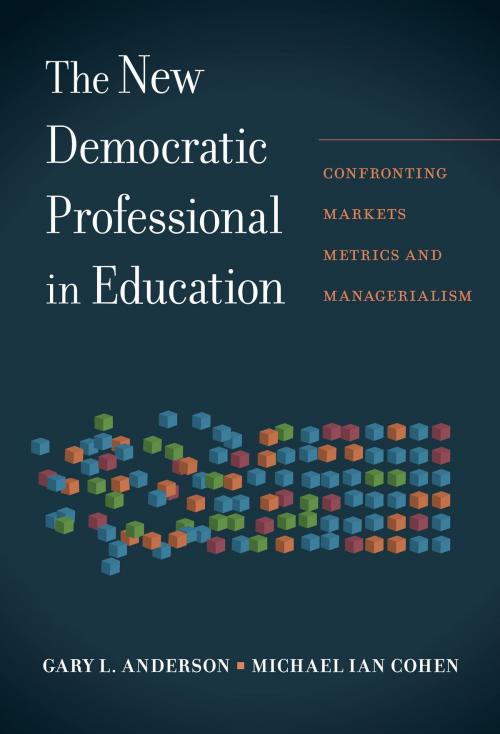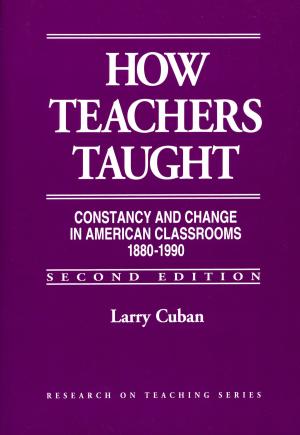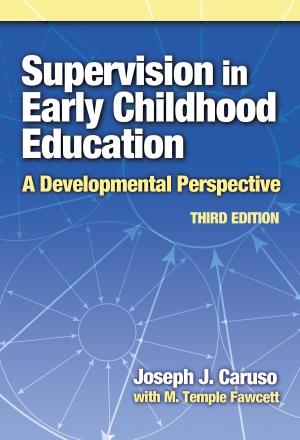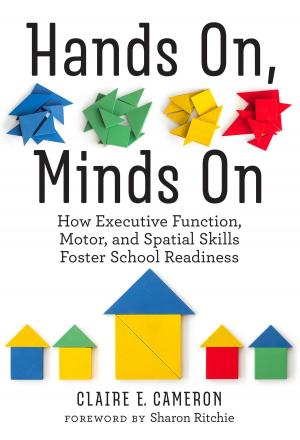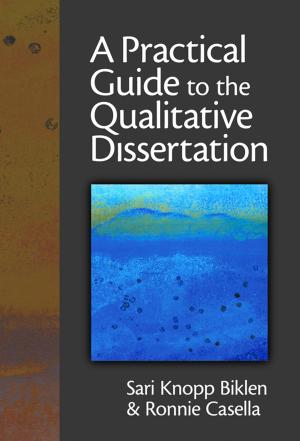The New Democratic Professional in Education
Confronting Markets, Metrics, and Managerialism
Nonfiction, Reference & Language, Education & Teaching, Educational Theory, Aims & Objectives, Educational Reform, Philosophy & Social Aspects| Author: | Gary L. Anderson, Michael Ian Cohen | ISBN: | 9780807777275 |
| Publisher: | Teachers College Press | Publication: | December 15, 2009 |
| Imprint: | Language: | English |
| Author: | Gary L. Anderson, Michael Ian Cohen |
| ISBN: | 9780807777275 |
| Publisher: | Teachers College Press |
| Publication: | December 15, 2009 |
| Imprint: | |
| Language: | English |
This timely and accessible book examines two waves of business influence that created models of schooling that are out of touch with the experiences of students, the professional expertise of teachers, and the needs and interests of local communities. The book also describes the forms of resistance that are currently emerging to fight for the democratic mission of a public education. Building on these promising efforts, the authors present a vision for a new democratic professional that is grounded in participatory communities of practice, as well as advocacy for and input from school communities. More than a critique of the state of education, this volume demonstrates how educators can build coalitions and advocate for policies and practices that respect their experience and knowledge and that support their students and communities.
“This book advocates for democratic and equitable public schools with concrete, evidence-driven policies and practices.”
—Janelle Scott, University of California, Berkeley
“An important and accessible book that should be read by public educators at all levels.”
—Ken Zeichner, University of Washington
“Outlines a clear path forward for resisting counterproductive reforms.”
—Tina Trujillo, University of California, Berkeley
This timely and accessible book examines two waves of business influence that created models of schooling that are out of touch with the experiences of students, the professional expertise of teachers, and the needs and interests of local communities. The book also describes the forms of resistance that are currently emerging to fight for the democratic mission of a public education. Building on these promising efforts, the authors present a vision for a new democratic professional that is grounded in participatory communities of practice, as well as advocacy for and input from school communities. More than a critique of the state of education, this volume demonstrates how educators can build coalitions and advocate for policies and practices that respect their experience and knowledge and that support their students and communities.
“This book advocates for democratic and equitable public schools with concrete, evidence-driven policies and practices.”
—Janelle Scott, University of California, Berkeley
“An important and accessible book that should be read by public educators at all levels.”
—Ken Zeichner, University of Washington
“Outlines a clear path forward for resisting counterproductive reforms.”
—Tina Trujillo, University of California, Berkeley
